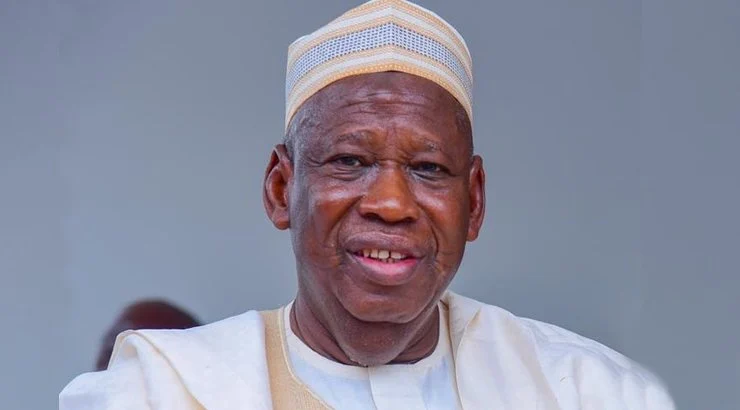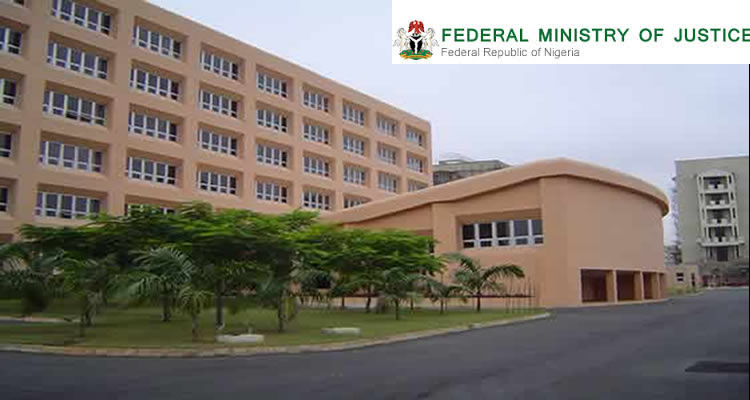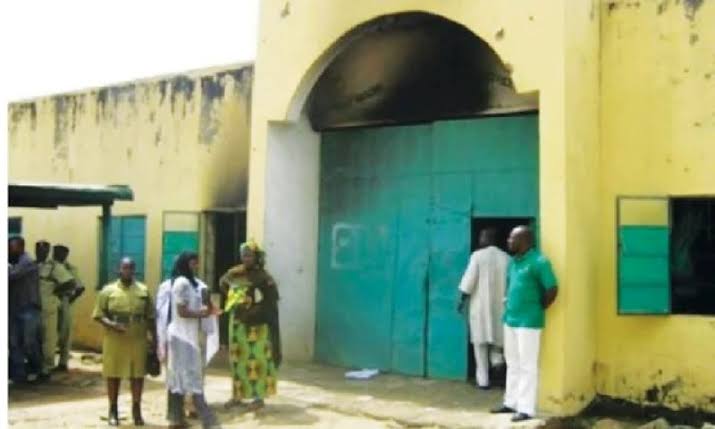A Nigérian woman, Chizoba Favor Eze, has died in Kaliti Prison , Addis Ababa, Ethiopia .
TheNewsGuru.com (TNG) gathered that she died in the early hours of Sunday, 12th, 2023
According to sources from Kaliti prison, Chizoba suffered physical aggression from the prison police who later rushed her to the hospital but could not resist internal bleeding.
TheNewsGuru.com (TNG) reports that Kaliti Prison is a maximum security prison in Addis Ababa, Ethiopia. Commonly referred to as a gulag, it serves as the main prison of the country. It is 11 km south of central Addis Ababa, in Akaky Kaliti, the southernmost subcity of the nation’s capital.
According to a source, several inmates have died due to constant aggression on the part of Kaliti prison staff. and some inmates have lost their lives due to malnourishment as they are allegedly fed once a day.
It was reported that the prisoners feed themselves and they buy their food and toiletries in the prison.
“If you have no money to buy your things in the prison, you will die,“ Amaechi, an inmate said.

The death of Chizoba, according to sources, provoked reactions from other inmates, they insist that prison officials terminated the life of Chizoba Favor Eze in Kaliti prison as a result of poor medical services.
Emeka, a Nigérian inmate insists that all efforts to draw the attention of the Nigerian government to the deteriorating condition in Kaliti prison have failed.
Nnamdi, a Nigerian inmate also accused the prison officials of showing a lack of concern about the welfare of the inmates, “They maltreat specifically Nigerians for reasons we still don’t know “ Nnamdi said
Ethiopia is a country with a history of political instability, ethnic conflicts, and human rights abuses. Its criminal justice system has been criticized for its lack of transparency, due process, and fair trial, as well as for its poor prison conditions and treatment of inmates.
The conditions and treatment of inmates in Ethiopian prisons have been a subject of concern and controversy for many years, with reports of overcrowding, poor sanitation, inadequate medical care, and abuse.
Prison conditions in Ethiopia are characterized by severe overcrowding, poor hygiene, and inadequate medical care. Many of the prisons in the country were built during the imperial era and have not been updated or expanded to accommodate the growing number of inmates.
One of the most notorious prisons in Ethiopia is Kaliti prison, located in Addis Ababa. Kaliti is a prison that holds both pretrial detainees and convicted prisoners, including political prisoners and journalists.
The prison has a capacity of 800 inmates but is currently holding over 3,000 prisoners, resulting in severe overcrowding and a lack of space.
Inmates are forced to sleep on the floor, sometimes in shifts, due to the lack of beds and mattresses. The cells are also infested with rats, cockroaches, and other pests, making the living conditions unbearable.
Hygiene in Ethiopian prisons is also a major issue. The lack of proper sanitation facilities and clean water has led to the spread of diseases such as cholera, tuberculosis, and HIV/AIDS.
Inmates are forced to use makeshift toilets or open pits, which are often overflowing and unhygienic. The water supply is often contaminated or insufficient, leading to dehydration and waterborne diseases.
Inmates are also not provided with adequate clothing or bedding, and many are forced to wear the same clothes for months, leading to skin infections and other health issues.
Medical care in Ethiopian prisons is often inadequate or non-existent. Inmates who are sick or injured are often neglected or denied access to medical care, leading to serious health consequences.
Many prisons do not have qualified medical staff or basic medical supplies, and inmates are often forced to rely on traditional remedies or self-medication. In some cases, inmates with serious medical conditions are chained to their beds or confined to isolation cells, further exacerbating their health problems.
The treatment of inmates in Ethiopian prisons has also been a subject of concern and controversy. Inmates are often subjected to physical and psychological abuse by prison staff, including beatings, torture, and humiliation.
Female inmates are particularly vulnerable to sexual abuse and exploitation, and there have been reports of rape and forced prostitution in some prisons.
Inmates who are suspected of political or ethnic affiliation are often targeted for harsher treatment and punishment, including prolonged solitary confinement and denial of family visits.









